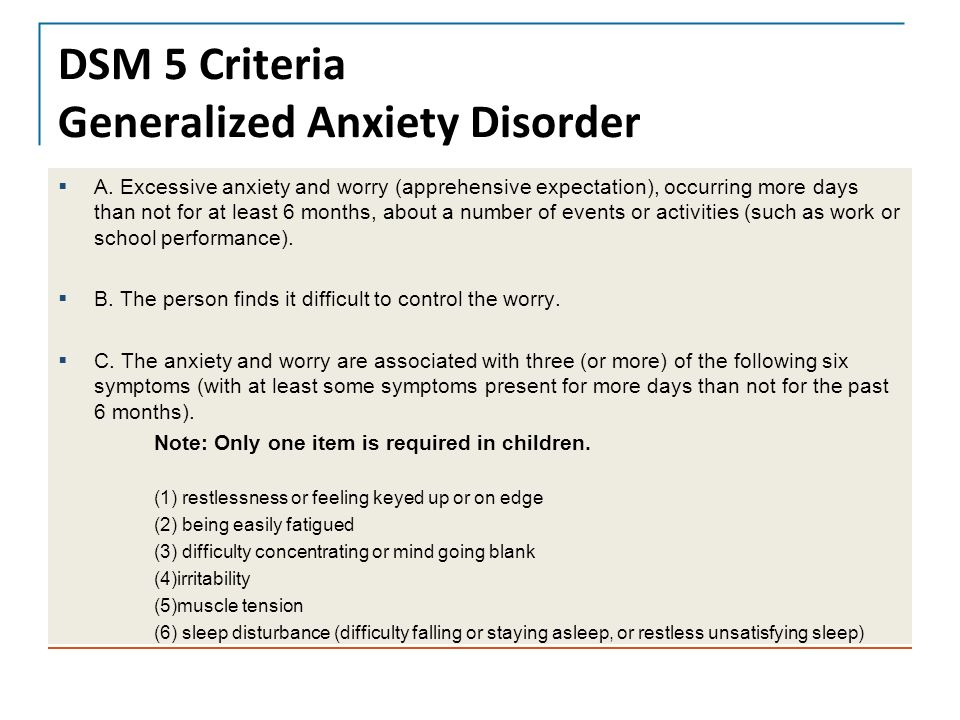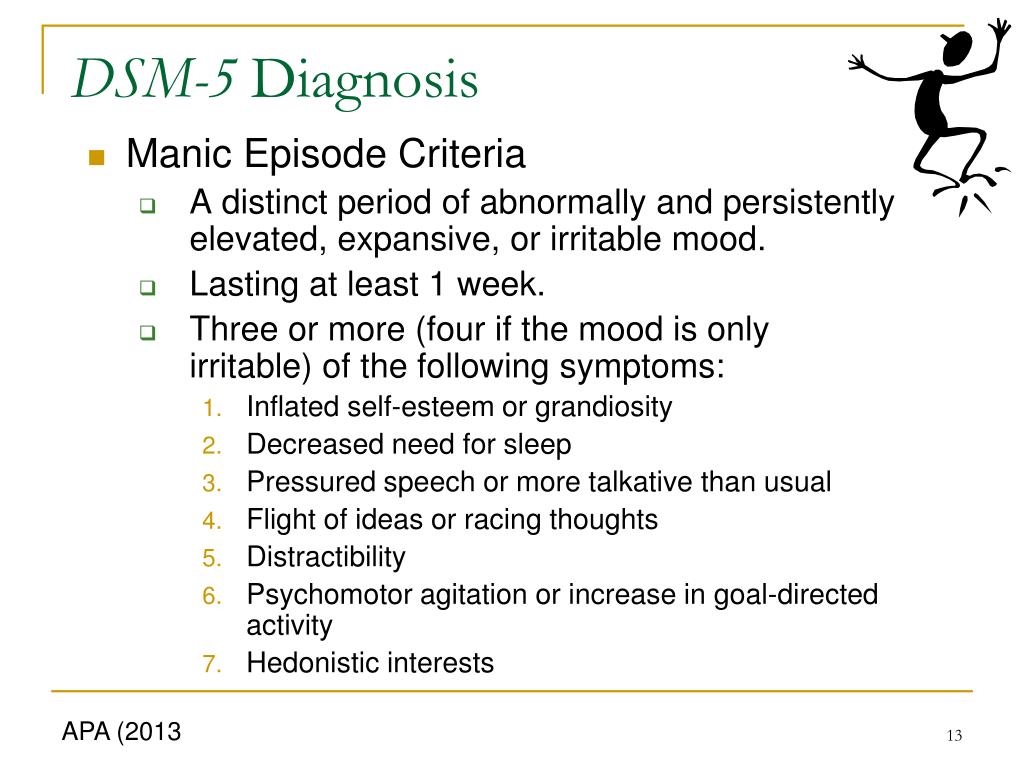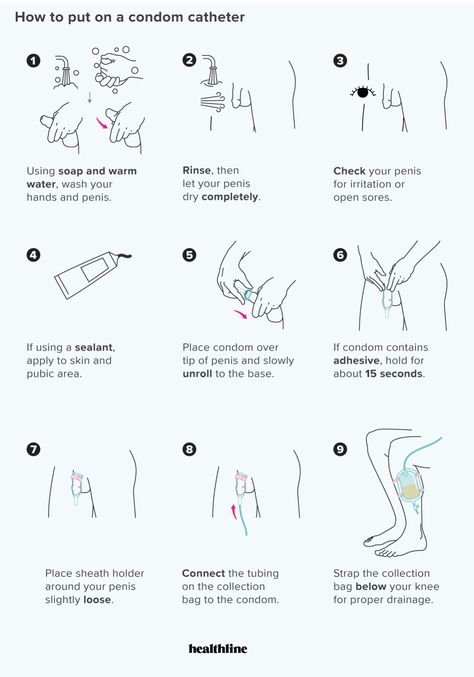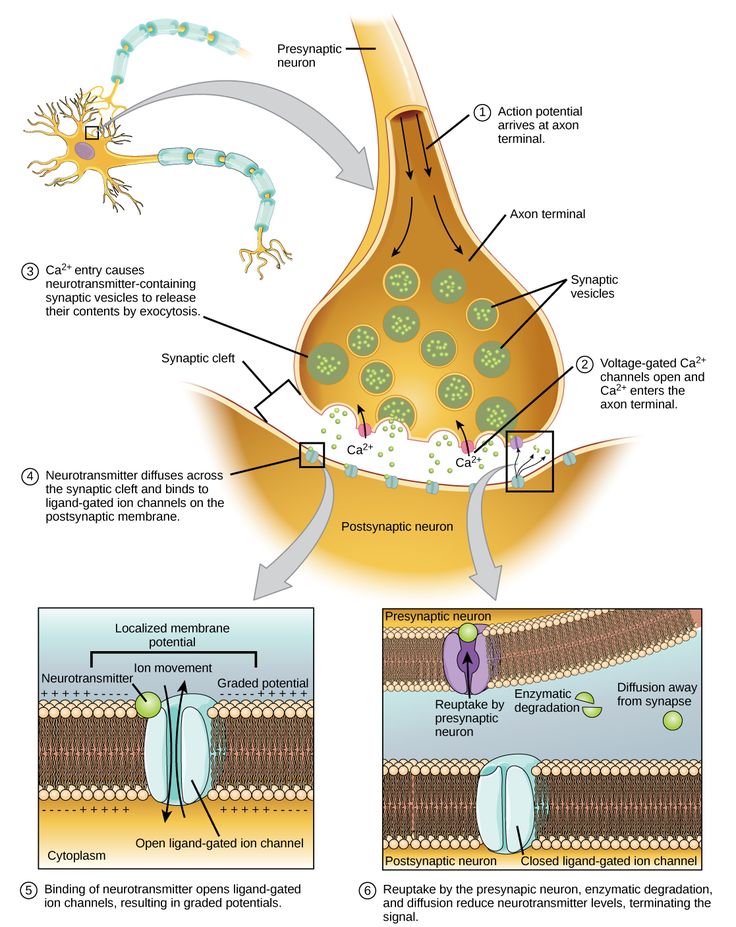Depression after quit smoking
Dealing with Depression After Quitting Smoking
Here, we take a look at the causes of depression after quitting smoking, how to manage those symptoms, and a variety of coping techniques designed to help you push through that early discomfort and maintain your commitment to quitting smoking for good!
Causes of depression after stopping smoking
The nicotine withdrawal phase of quitting smoking is the main cause of depression. In fact, due to the nature of the drug and your habit, smoking cessation and depression go hand-in-hand. This is because your body and brain have become dependent on nicotine, and as you begin to starve yourself of the drug, your dopamine levels are significantly reduced. As the “feel-good” neurotransmitter1, these reduced levels of dopamine are the key reason for feeling depressed after quitting smoking.
Another reason for depression after giving up smoking is that you suddenly find yourself without the perceived “crutch” or “companion” that made you believe they were there to help you through difficult moments. Of course, that feeling is a trap, and smoking has, in fact, been proven to increase stress levels2 over time rather than lower them. If you feel adrift or lost without nicotine, just remember that it is a vicious circle that only feeds itself while damaging your body at the same time!
Quitting Smoking and Depression — Symptoms
There are various symptoms related to quitting smoking and depression and recognizing them is the first step towards dealing with them effectively. Symptoms may include:
- Insomnia or sleeplessness
- Fatigue
- Lack of motivation
- Sadness
- Anxiety or an “empty” feeling
- Lethargy and apathy
- Lack of concentration
- Changes in appetite
- Emotional irritability
You may experience any of these symptoms combined over the course of your journey to becoming smoke free, however, in most cases, they will be present within the first few days or weeks of quitting. Once you have associated them with your nicotine withdrawal, you can begin to deal with them.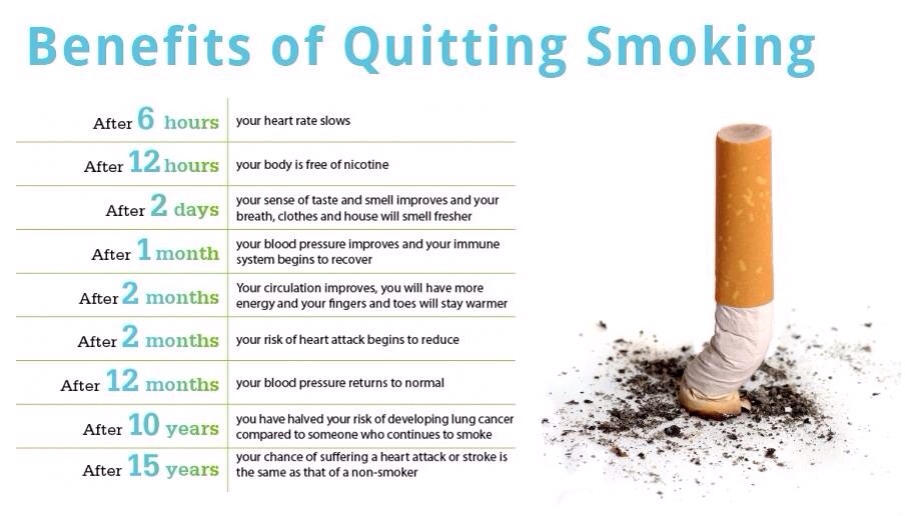
Dealing with Depression after Stopping Smoking
While there are many symptoms related to smoking cessation and depression, thankfully, there are plenty of ways to deal with them and improve your mood.
- Exercise — Whether it’s a quick walk, a long run, or a session in the gym, exercise releases endorphins in the brain which can help improve your mood and relieve some of your symptoms.
- Renew Your commitment — Reminding yourself why you want to quit smoking can help. Go through the reasons you wanted to quit in the first place and concentrate on how much better your life will be once you’ve kicked the habit.
- Do Something that Makes you Feel Good — Whether it’s seeing friends, taking up a new hobby, or eating something you enjoy, doing something that makes you feel good can help relieve the symptoms of depression after stopping smoking.
- Join a Support Group — Sometimes, talking with other smokers going through the same experience can make a big difference.
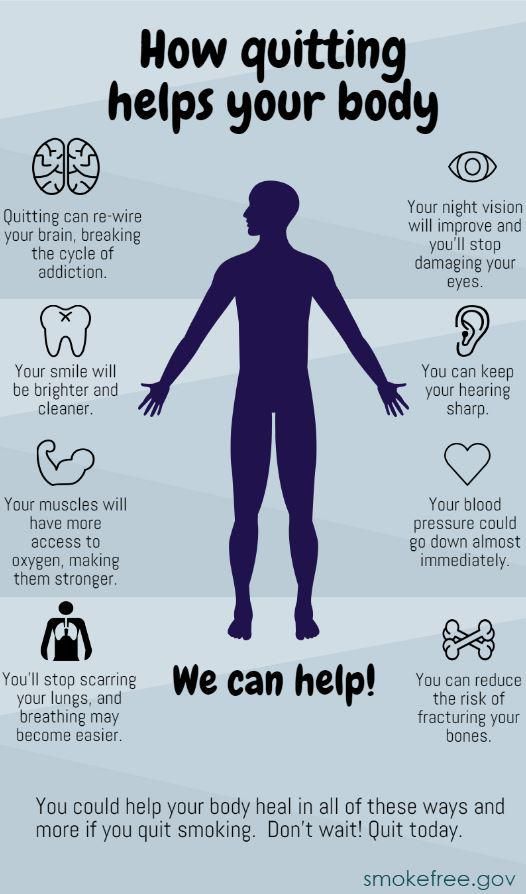 Join a support group and discuss your feelings or offer advice to others on how to deal with depression after quitting smoking.
Join a support group and discuss your feelings or offer advice to others on how to deal with depression after quitting smoking. - NRT Products— Nicotine replacement therapy helps your body gradually deal with nicotine withdrawal, relieving many of the worst symptoms associated with it.3
For more information regarding smoking cessation and depression, contact the NHS stop smoking service or speak to your local pharmacist about how NRT can help. Additionally, learn more about NRT products here and discover the best combination for your specific journey to becoming smoke free.
Tips for Coping with Nicotine Withdrawal and Triggers
What are some of the nicotine withdrawal symptoms associated with quitting tobacco?
Because the nicotine in tobacco is highly addictive, people who quit may experience nicotine withdrawal symptoms, especially if they have smoked or used other tobacco products heavily for many years. Although many of the examples in this fact sheet refer to smoking, the tips are relevant for those who are quitting the use of any tobacco product.
Although many of the examples in this fact sheet refer to smoking, the tips are relevant for those who are quitting the use of any tobacco product.
Common nicotine withdrawal symptoms include:
- nicotine cravings
- anger, frustration, and irritability
- difficulty concentrating
- insomnia
- restlessness
- anxiety
- depression
- hunger or increased appetite
Other, less common nicotine withdrawal symptoms include headaches, fatigue, dizziness, coughing, mouth ulcers, and constipation (1, 2).
The good news is that there is much you can do to reduce nicotine cravings and manage common withdrawal symptoms. Also, it may help to know that nicotine withdrawal symptoms do subside over time. They are usually worst during the first week after quitting, peaking during the first 3 days. From that point on, the intensity of symptoms usually drops over the first month. However, everyone is different, and some people have withdrawal symptoms for several months after quitting (3, 4).
What can I do about nicotine cravings after I quit?
People who use tobacco products get used to having a certain level of nicotine in their body. After you quit, cravings develop when your body wants nicotine. This may occur long after your body is no longer addicted to nicotine. In addition to this physical craving, you may experience a psychological craving to use a tobacco product when you see people smoking or are around other triggers. Your mood may change when you have cravings, and your heart rate and blood pressure may go up.
The urge to smoke will come and go. You may start experiencing cravings within an hour or two after your last use of tobacco, and you may have them frequently for the next few days or weeks. As time passes, the cravings will get farther apart. However, you may have occasional mild cravings months or years after you quit.
Here are some tips for managing cravings:
- Try nicotine replacement products or ask your doctor about other medications.
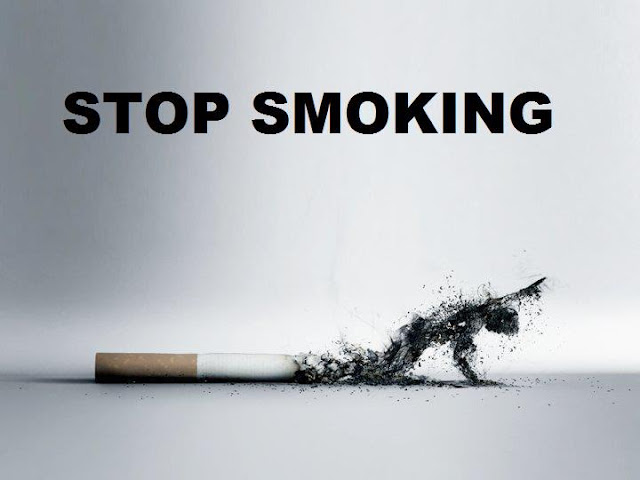
- Remind yourself that cravings will pass.
- Avoid situations and activities that you used to associate with using tobacco products.
- As a substitute for smoking, try chewing on carrots, pickles, apples, celery, sugarless gum, or hard candy. Keeping your mouth busy may stop the psychological need to smoke.
- Try this exercise: Take a deep breath through your nose and blow out slowly through your mouth. Repeat 10 times.
Go online to Smokefree.gov, a website created by NCI's Tobacco Control Research Branch, and use the step-by-step personalized quit plan to learn about other tips for managing cravings.
What can I do about anger, frustration, and irritability after I quit?
After you quit smoking or using other tobacco products, you may feel edgy and short-tempered, and you may want to give up on tasks more quickly than usual. You may be less tolerant of others and get into more arguments.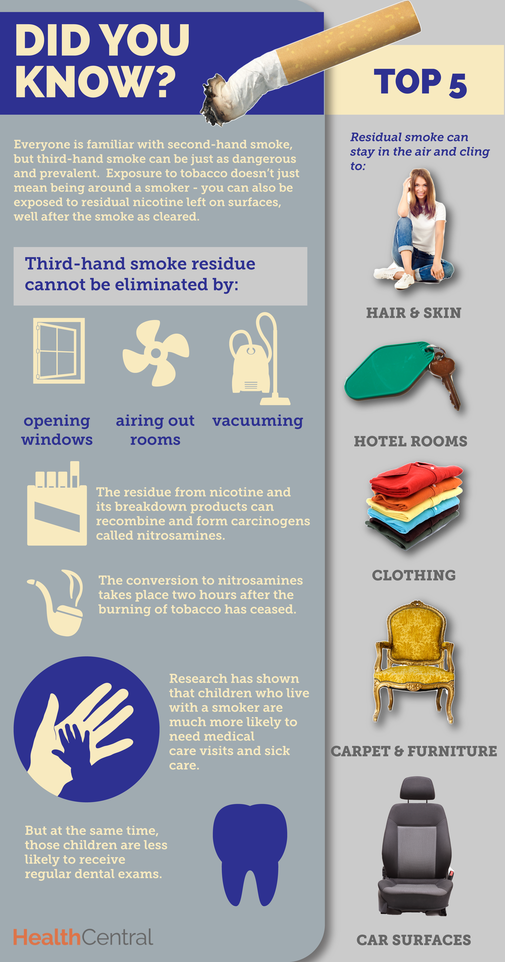
Studies have found that the most common negative feelings associated with quitting are feelings of anger, frustration, and irritability. These negative feelings peak within 1 week of quitting and may last 2 to 4 weeks (1).
Here are some tips for managing these negative feelings:
- Remind yourself that these feelings are temporary.
- Engage in an enjoyable physical activity, such as taking a walk.
- Reduce caffeine by limiting or avoiding coffee, soda, and tea.
- Try meditation or other relaxation techniques, such as getting a massage, soaking in a hot bath, or breathing deeply through your nose and out through your mouth for 10 breaths.
- Try nicotine replacement products or ask your doctor about other medications.
What can I do about anxiety after I quit?
Within 24 hours of quitting smoking or other tobacco products, you may feel tense and agitated. You may feel a tightness in your muscles—especially around the neck and shoulders. Studies have found that anxiety is one of the most common negative feelings associated with quitting. If anxiety occurs, it usually builds over the first 3 days after quitting and may last several weeks (1).
Studies have found that anxiety is one of the most common negative feelings associated with quitting. If anxiety occurs, it usually builds over the first 3 days after quitting and may last several weeks (1).
Here are some tips for managing anxiety:
- Remind yourself that anxiety will pass with time.
- Set aside some quiet time every morning and evening—a time when you can be alone in a quiet environment.
- Engage in an enjoyable physical activity, such as taking a walk.
- Reduce caffeine by limiting or avoiding coffee, soda, and tea.
- Try meditation or other relaxation techniques, such as getting a massage, soaking in a hot bath, or breathing deeply through your nose and out through your mouth for 10 breaths.
- Try nicotine replacement products or ask your doctor about other medications.
What can I do about depression after I quit?
It is common to feel sad for a period of time soon after you quit smoking or using other tobacco products.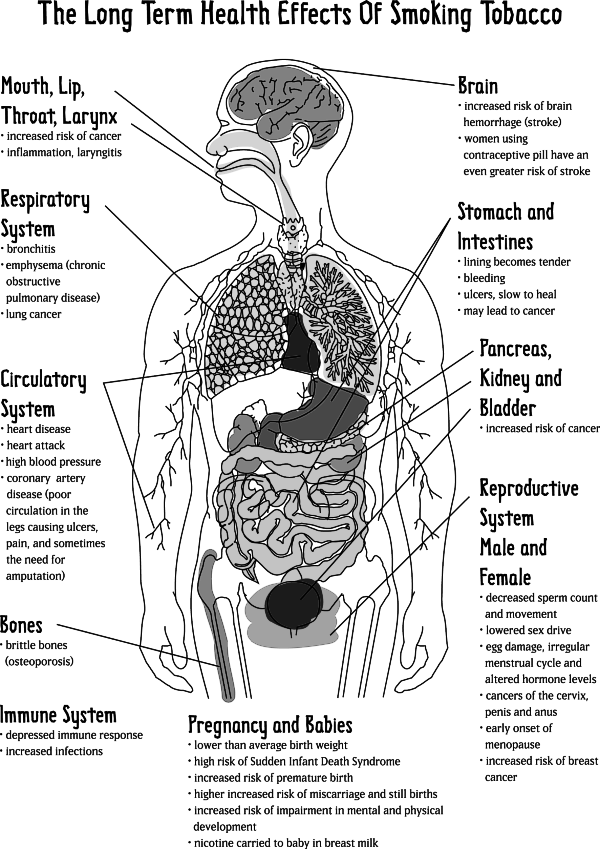 If mild depression occurs, it will usually begin within the first day, continue for a couple of weeks, and go away within a month.
If mild depression occurs, it will usually begin within the first day, continue for a couple of weeks, and go away within a month.
People who have a history of depression often have more-severe withdrawal symptoms, including more-severe depression. Some studies have found that many people with a history of major depression will have a new major depressive episode after quitting (5, 6). However, in those with no history of depression, major depression after quitting is rare.
Many former smokers and people who are quitting have a strong urge to smoke when they feel depressed. Here are some tips for managing feelings of depression:
- Get together with a friend.
- Identify your specific feelings at the time that you seem depressed. Are you actually feeling tired, lonely, bored, or hungry? Focus on and address these specific needs.
- Participate in physical activities that you find enjoyable. This will help to improve your mood, decrease your fatigue, and reduce your depression.
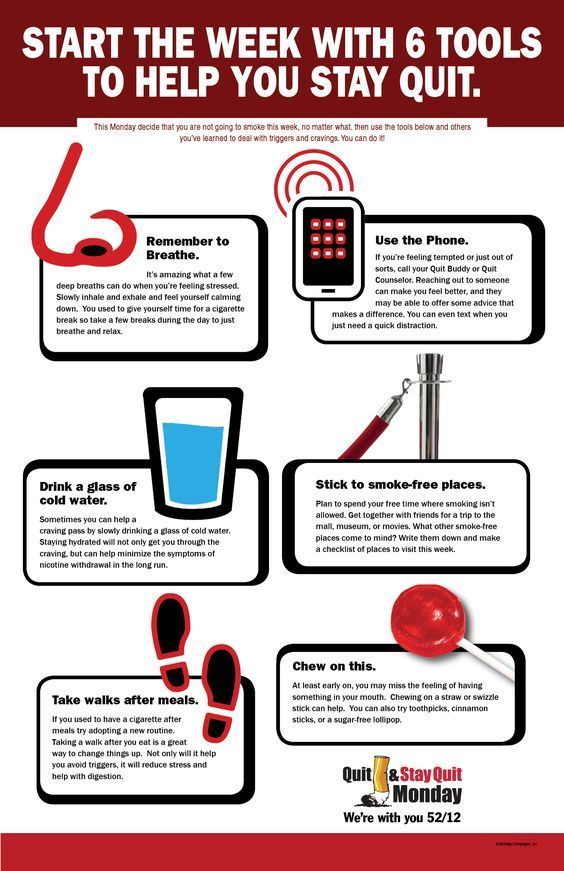
- Breathe deeply.
- Make a list of things that are upsetting to you and write down solutions for them.
- Ask your doctor about prescription medications that may help you with depression. Studies show that bupropion and nortriptyline can help people with a past history of depression who try to quit smoking. Nicotine replacement products may also help (7).
Learn about the signs of depression and where to go for help at the National Institute of Mental Health’s page on depression.
What can I do about weight gain after I quit?
People who quit may gain weight due to increased appetite. Although the weight gain is usually less than 10 pounds, it can be troublesome for some people (8, 9). However, the health benefits of quitting far outweigh the health risks of a small amount of extra weight.
Here are some tips for managing weight gain after quitting:
- Balance your physical activity with your calorie intake.
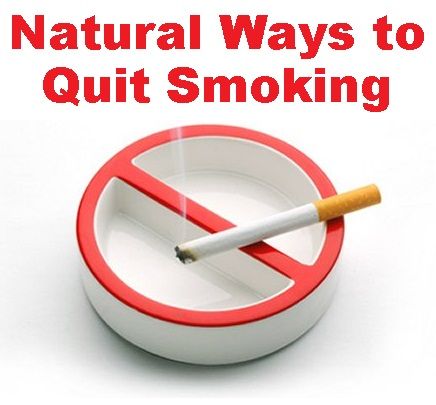 This will help you achieve and maintain a desired weight.
This will help you achieve and maintain a desired weight. - Ask your doctor about the medication bupropion. Studies show that it helps counteract weight gain (7).
- Studies also show that nicotine replacement products, especially nicotine gum and lozenges, can help counteract weight gain (7).
- A nutritionist or diet counselor can be helpful.
Although the prospect of weight gain may be unwelcome, it is important to remember that quitting smoking is one of the most important things you can do to improve your health overall. Do not let fear of gaining weight discourage you from quitting.
What are some of the triggers for tobacco use?
Reminders in your daily life of situations when you used to use tobacco products may trigger your desire to do so again.
Triggers may include:
- social triggers, such as being around others who use tobacco or in a social gathering or event
- emotional triggers, such as feeling stressed or anxious; bored, lonely, sad, or frustrated or upset after an argument; or happy, excited, or relieved
- pattern or activity triggers, such as starting the day, being in a car, drinking coffee or tea, enjoying a meal or an alcoholic beverage
Knowing your triggers for using tobacco helps you stay in control because you can choose to avoid those triggers or keep your mind distracted and busy when you cannot avoid them.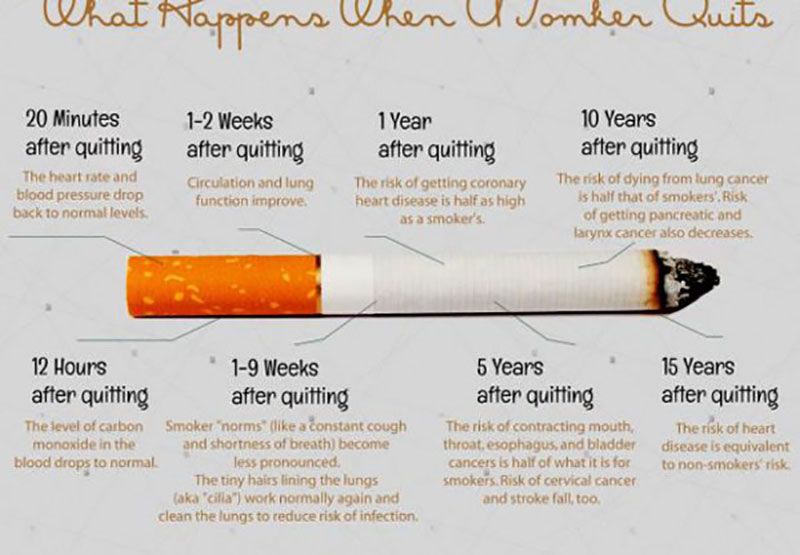 More specific information on different types of triggers is on Smokefree.gov.
More specific information on different types of triggers is on Smokefree.gov.
How can I resist the urge to smoke when I’m around smokers?
You may want to analyze situations in which watching others smoke triggers an urge in you to smoke. Figure out what it is about those situations that makes you want to smoke. Is it because you associate feeling happy with being around other smokers? Or is there something special about the situations, such as being around the people you usually smoked with? Is it tempting to join others for routine smoke breaks?
Here are some tips:
- Limit your contact with smokers, especially in the early weeks of quitting.
- Do not buy, carry, light, or hold cigarettes for others.
- If you are in a group and others light up, excuse yourself and don’t return until they have finished.
- Do not let people smoke in your home. Post a “No Smoking” sign by your front door.
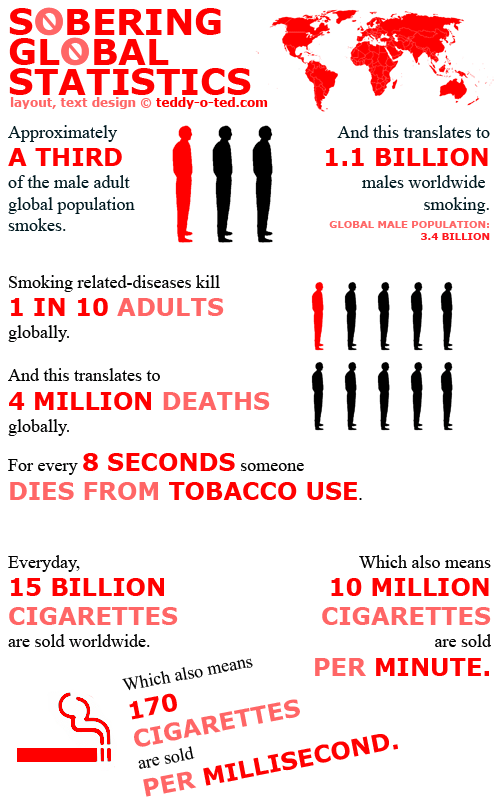
- Ask others to help you stay quit. Give them specific examples of things that are helpful (such as not smoking around you) and things that are not helpful (like asking you to buy cigarettes for them).
- Focus on what you’ve gained by quitting. For example, think of how healthy you will be when all smoking effects are gone from your body and you can call yourself smokefree. Also, add up how much money you have saved already by not purchasing cigarettes and imagine (in detail) how you will spend your savings in 6 months.
How can I resist the urge to smoke if I live with a smoker?
Living with someone who smokes can present additional challenges for a person who wants to quit. Here are some tips for people in such a situation:
- Make your home a no-smoking environment. Remove all cigarettes, ashtrays, and lighters and don’t allow friends or family to smoke anywhere inside your home.
- If the smokers you live with will not go outside to smoke, consider making one room of the home smokefree so you have a nonsmoking indoor area available to you.
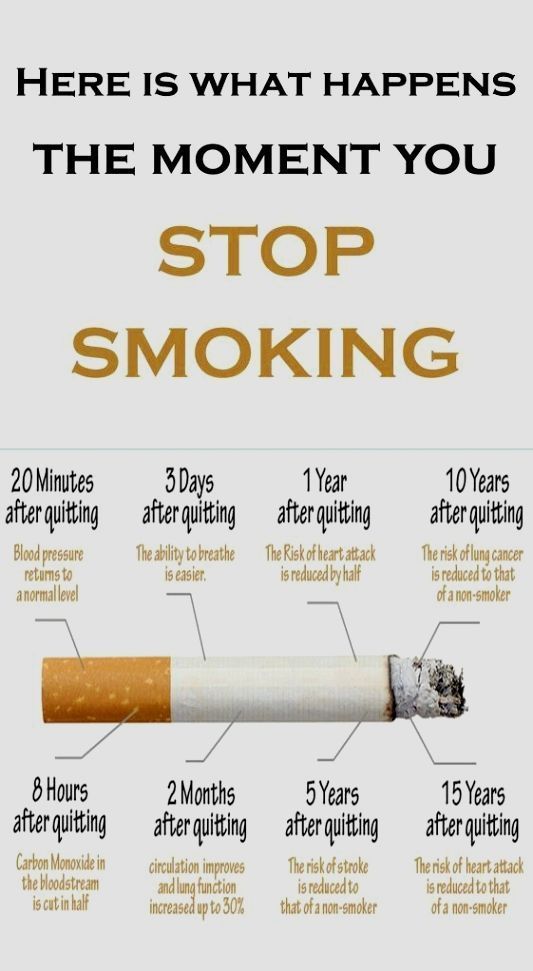
- Ask the smokers you live with not to offer you any tobacco products or purchase them for you, even if you ask for them. Enlist their help in keeping you smokefree.
How can I start the day without smoking?
Many smokers light up a cigarette right after they wake up. After 6 to 8 hours of sleep, a smoker’s nicotine level drops and they need a boost of nicotine to start the day. After you quit, you must be ready to overcome the physical need and routine of waking up and smoking a cigarette. Instead of reaching for your cigarettes in the morning, here are some tips:
- The morning can set the tone for the rest of the day. Plan a different wake-up routine to divert your attention from smoking.
- Be sure no cigarettes are available. Instead, keep sugar-free gum, mints, or nuts in the locations where you previously kept your cigarettes so when you automatically reach for cigarettes a healthy alternative is at hand.
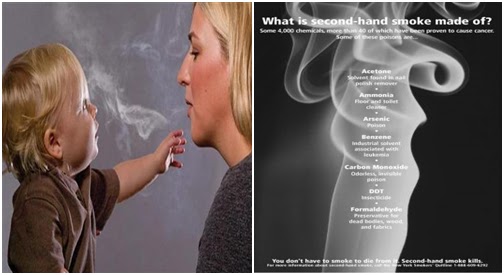
- Before you go to sleep, make a list of things you need to avoid in the morning that will make you want to smoke. Place this list where you used to place your cigarettes.
- Begin each day with a planned activity that will keep you busy for an hour or more. Keeping your mind and body busy will distract you from thinking about smoking.
- Begin each day with deep breathing and by drinking one or more glasses of water.
How can I resist the urge to smoke when I’m feeling stressed?
Most smokers report that one reason they smoke is to handle stress. Smoking cigarettes causes temporary changes in your brain chemistry that can cause you to experience decreased anxiety, enhanced pleasure, and alert relaxation. Once you stop smoking and your brain chemistry returns to normal, you may become more aware of stress.
Everyday worries, responsibilities, and annoyances can all contribute to stress. As you go longer without smoking, you will get better at handling stress, especially if you learn stress reduction and relaxation techniques.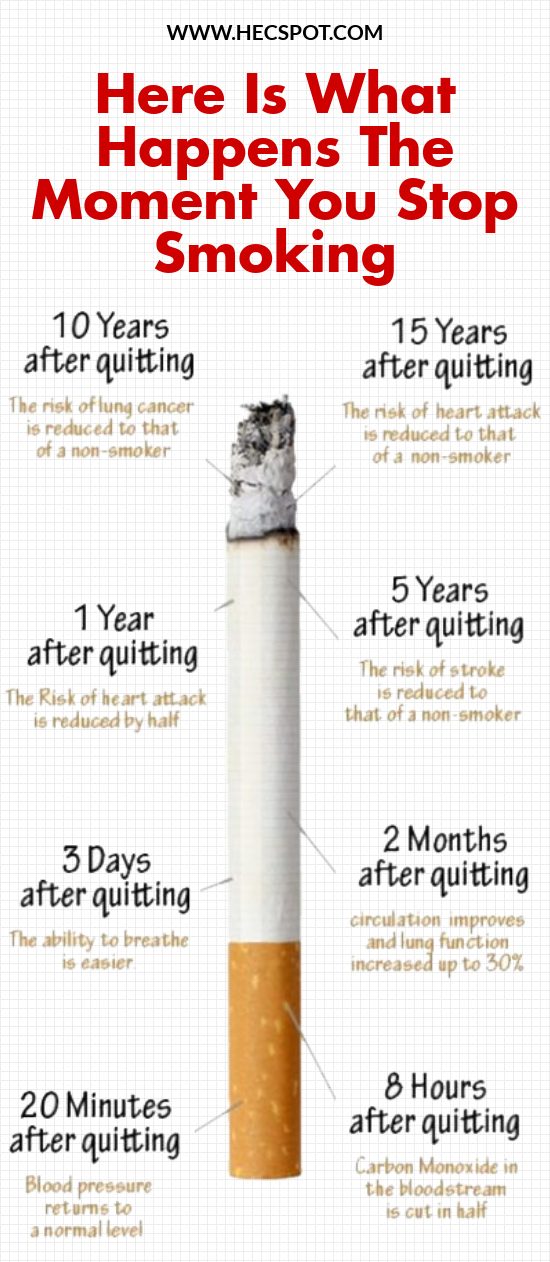
Here are some tips:
- Know the causes of stress in your life (your job, traffic, your children, money) and identify the stress signals (headaches, nervousness, or trouble sleeping). Once you pinpoint high-risk trigger situations, you can start to develop new ways to handle them.
- Create peaceful times in your schedule. For example, set aside an hour where you can get away from other people and your usual environment. Or try visualizing yourself in a peaceful setting.
- Try relaxation techniques, such as progressive muscle relaxation or yoga, and stick with the one that works best for you.
- Try this breathing exercise: Take a deep breath through your nose and blow out slowly through your mouth. Repeat 10 times.
- Try meditation involving focused breathing or repetition of words or phrases to quiet your mind.
- Rehearse and visualize your relaxation plan. Put your plan into action. Change your plan as needed.
- You may find it helpful to read a book about how to handle stress.

How can I resist the urge to smoke when I'm driving or riding in a car?
You may have become used to smoking while driving—to relax in a traffic jam or to stay alert on a long drive. Like many smokers, you may like to light up when driving to and from work to relieve stress, stay alert, relax, or just pass the time.
Tips for short trips:
- Remove the ashtray, lighter, and cigarettes from your car.
- Keep healthy substitutions, such as sugar-free gum, mints, or nuts, in your car.
- Turn on your favorite music and sing along.
- Take an alternate route to work or try carpooling.
- Clean your car and use deodorizers to reduce the tobacco smell.
- Tell yourself:
- “This urge will go away in a few minutes.”
- “So, I’m not enjoying this car ride. Big deal! It won’t last forever!”
- “My car smells clean and fresh!”
- “I’m a better driver now that I’m not smoking while driving.
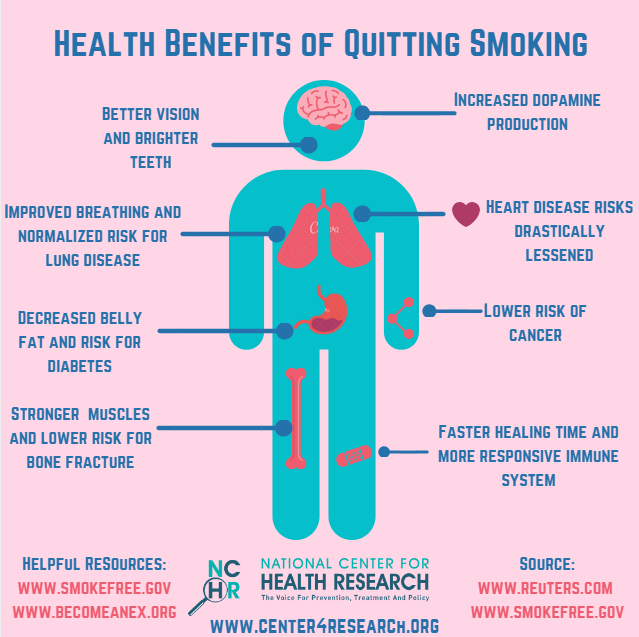 ”
”
When you are driving or riding with other people:
- Do not allow passengers to smoke in your car.
- If you’re not driving, find something to do with your hands.
Your desire to smoke may be stronger and more frequent on longer trips. On long trips:
- Take stretch breaks.
- Take healthy snacks along.
- Plan rest stops.
How can I resist the urge to smoke when I’m having coffee or tea?
You may be used to smoking when drinking coffee or tea (for example, during or after meals or during work breaks), and you may associate good feelings with drinking a hot beverage. When you give up smoking, expect to feel a strong urge to reach for a cigarette while drinking coffee or tea. Some people quit drinking coffee or tea temporarily while they’re quitting cigarettes to avoid the urge to smoke. Although you do not have to give up coffee or tea to quit smoking, you should expect that coffee or tea will not taste the same without a cigarette.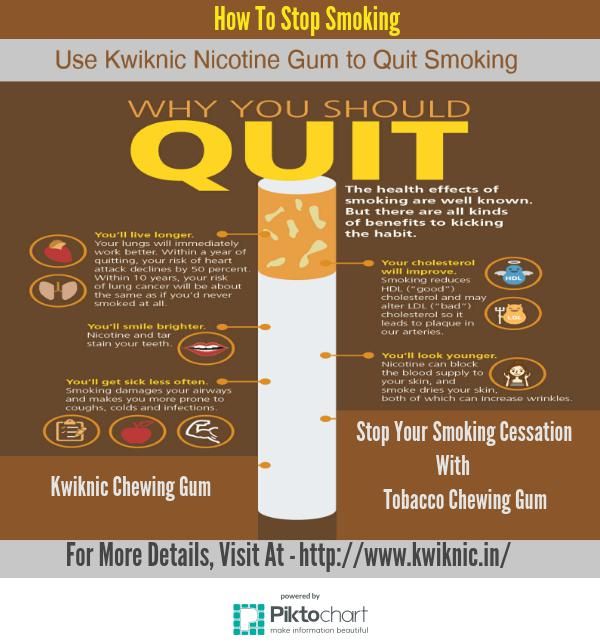
Here are some tips:
- If you used to smoke while drinking coffee or tea, tell people you have quit, so they won’t offer you a cigarette.
- Between sips of coffee or tea, take deep breaths to inhale the aroma. Breathe in deeply and slowly while you count to five, and then breathe out slowly, counting to five again.
- Try changing your routine around drinking coffee or tea. For example, try switching what drink you consume or try having your coffee or tea in a different location than when you were smoking to help change the routine.
- Keep your hands busy by nibbling on healthy foods, doodling, playing games on your phone, or making a list of tasks for the day.
- If the urge to smoke is very strong, drink your coffee or tea more quickly than usual and then change activities or rooms.
- When you quit smoking, drinking coffee or tea without smoking may make you feel sad. Focus on what you’ve gained by quitting.
How can I resist the urge to smoke when I’m enjoying a meal?
Food often tastes better after you quit smoking, and you may have a bigger appetite.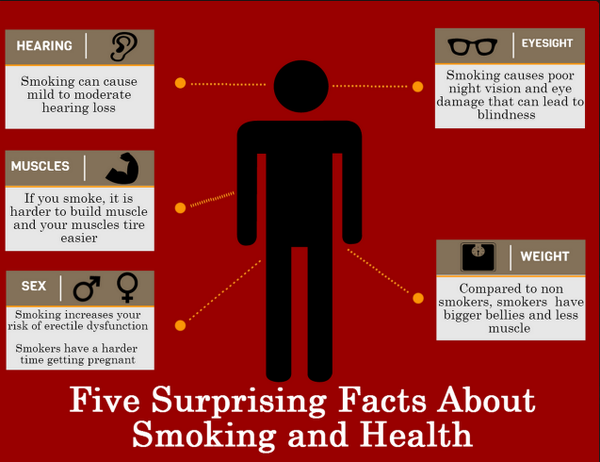 Expect to want to smoke after meals. Your desire to smoke after meals may depend on whether you are alone, with other smokers, or with nonsmokers.
Expect to want to smoke after meals. Your desire to smoke after meals may depend on whether you are alone, with other smokers, or with nonsmokers.
Your urge to smoke may be stronger with certain foods, such as spicy or sweet foods. Also, the urge to smoke may be stronger at different mealtimes.
Here are some tips:
- Know what kinds of foods increase your urge to smoke and stay away from them.
- If you are alone, call a friend or take a walk as soon as you’ve finished eating.
- Brush your teeth or use mouthwash right after meals.
- Wash the dishes by hand after eating—you can’t smoke with wet hands!
How can I resist the urge to smoke when I’m drinking an alcoholic beverage?
You may be used to smoking when drinking beer, wine, liquor, or mixed drinks. When you quit smoking, you may feel a strong urge to smoke when you drink alcohol. Know this up front if you are going to drink because your ability to resist triggers to smoke may be impaired under the influence of alcohol.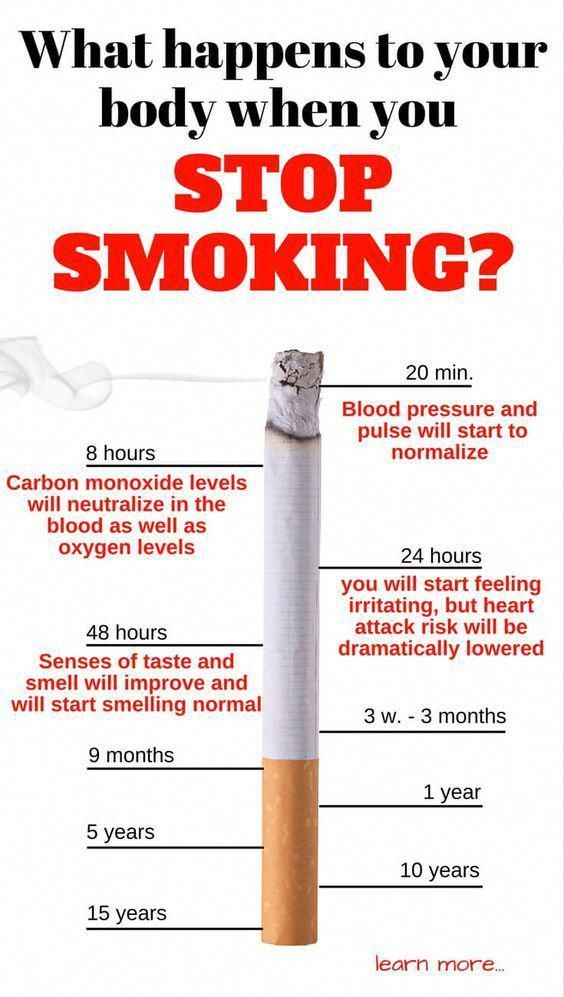
Here are some tips for the first few weeks after quitting smoking:
- Many people find it helpful to drink less alcohol or avoid it completely.
- If you do drink, choose different alcoholic beverages than you used to have when smoking.
- Stay away from the places you usually drink alcohol.
How can I resist the urge to smoke when I’m feeling bored?
When you quit smoking, you may miss the increased excitement and good feeling that nicotine gave you. This may be particularly true when you are feeling bored.
Here are some tips:
- Plan more activities than you have time for.
- Make a list of things to do when confronted with free time.
- Move! Do not stay in the same place too long.
- If you feel bored when waiting for something or someone (a bus, your friend, your kids), distract yourself with a book, magazine, puzzle, or your phone.
- Look at and listen to what is going on around you.

- Carry something to keep your hands busy.
- Listen to a favorite song.
- Go outdoors, if you can, but not to places you associate with smoking.
Do nicotine replacement products relieve nicotine cravings and withdrawal symptoms?
Yes. Nicotine replacement products deliver measured doses of nicotine into the body, which helps to relieve the cravings and withdrawal symptoms often felt by people trying to quit tobacco use. Nicotine replacement products are effective treatments that can increase the likelihood that someone will quit successfully (7, 10).
Five forms of nicotine replacement therapy have been approved by the US Food and Drug Administration (FDA):
- The nicotine patch is available over the counter (without a prescription). A new patch is worn on the skin each day, supplying a small but steady amount of nicotine to the body. The nicotine patch is sold in varying strengths, usually as an 8- to 10-week quit-smoking treatment.
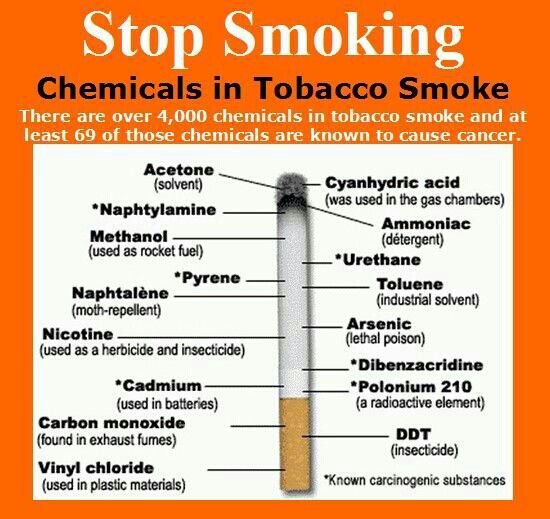 Typically, the nicotine doses are gradually lowered as treatment progresses. The nicotine patch may not be a good choice for people with skin problems or allergies to adhesive tape. Also, some people experience the side effect of having vivid dreams when they wear the patch at night. These people may decide to wear the patch only during the daytime.
Typically, the nicotine doses are gradually lowered as treatment progresses. The nicotine patch may not be a good choice for people with skin problems or allergies to adhesive tape. Also, some people experience the side effect of having vivid dreams when they wear the patch at night. These people may decide to wear the patch only during the daytime. - Nicotine gum is available over the counter in two strengths (2 and 4 milligrams). When a person chews nicotine gum and then places the chewed product between the cheek and gum tissue, nicotine is released into the bloodstream through the lining of the mouth. To keep a steady amount of nicotine in the body, a new piece of gum can be chewed every 1 or 2 hours. The 4-milligram dose appears to be more effective among highly dependent smokers (those who smoked 20 or more cigarettes per day) (11, 12). Nicotine gum might not be appropriate for people with temporomandibular joint disease or for those with dentures or other dental work, such as bridges.
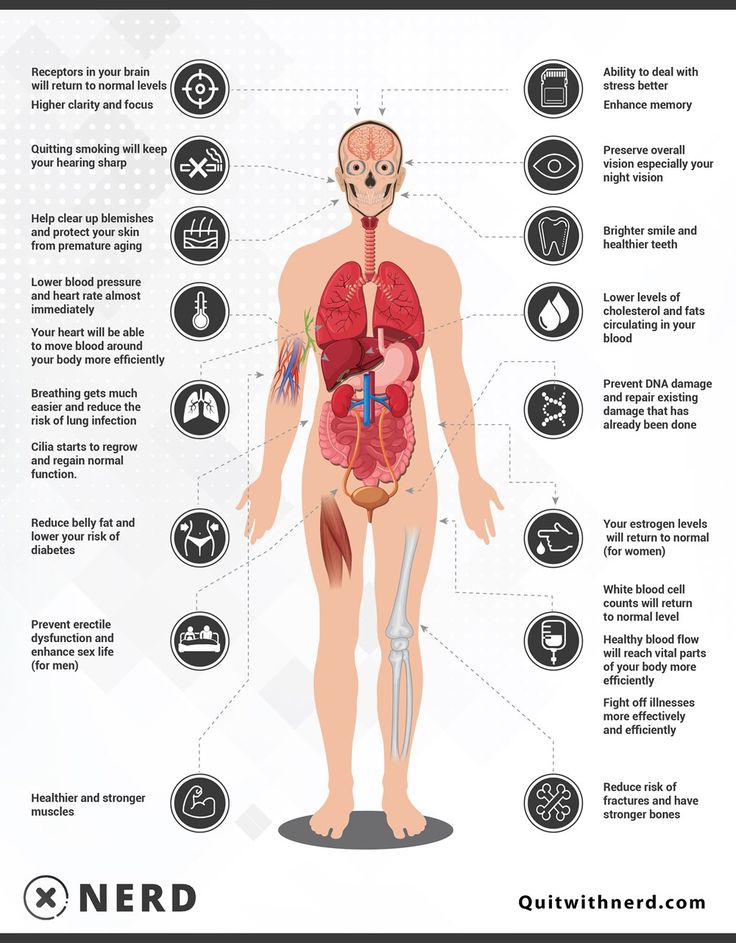 The gum releases nicotine more effectively when coffee, juice, or other acidic beverages are not consumed at the same time.
The gum releases nicotine more effectively when coffee, juice, or other acidic beverages are not consumed at the same time. - The nicotine lozenge is also available over the counter in 2 and 4 milligram strengths. The lozenge is used similarly to nicotine gum; it is placed between the cheek and the gums and allowed to dissolve. Nicotine is released into the bloodstream through the lining of the mouth. The lozenge works best when used every 1 or 2 hours and when coffee, juice, or other acidic beverages are not consumed at the same time.
- Nicotine nasal spray is available by prescription only. The spray comes in a pump bottle containing nicotine that tobacco users can inhale when they have an urge to smoke. Nicotine is absorbed more quickly via the spray than with other nicotine replacement products. Nicotine nasal spray is not recommended for people with nasal or sinus conditions, allergies, or asthma or for young tobacco users. Side effects from the spray may include sneezing, coughing, and watering eyes, but these problems usually go away with continued use of the spray.
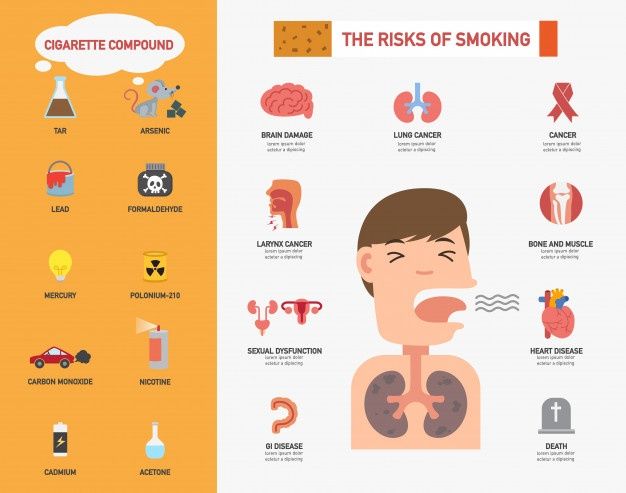
- A nicotine inhaler, also available by prescription only, delivers a vaporized form of nicotine to the mouth through a mouthpiece attached to a plastic cartridge. Even though it is called an inhaler, the device does not deliver nicotine to the lungs the way a cigarette does. Most of the nicotine travels only to the mouth and throat, where it is absorbed through the mucous membranes. Common side effects include throat and mouth irritation and coughing. Anyone with a breathing problem such as asthma should use the nicotine inhaler with caution.
Using a long-acting form of nicotine replacement therapy (like the patch) along with a short-acting form (like the gum or the lozenge) can be especially helpful for managing nicotine withdrawal (10). Nicotine replacement therapy is more effective when combined with advice or counseling from a doctor, dentist, pharmacist, or other health care provider.
Are nicotine replacement products safe?
It is far less harmful for a person to get nicotine from a nicotine replacement product than from cigarettes because tobacco smoke contains many toxic and cancer-causing substances. Long-term use of nicotine replacement products has not been associated with any serious harmful effects (12). However, nicotine replacement products are not recommended for use by people who are pregnant or trying to become pregnant.
Long-term use of nicotine replacement products has not been associated with any serious harmful effects (12). However, nicotine replacement products are not recommended for use by people who are pregnant or trying to become pregnant.
Are there products to help people quit that do not contain nicotine?
Yes, two medicines that help people quit but do not contain nicotine are available by prescription:
- Varenicline, a prescription medicine marketed as Chantix, was approved by FDA in 2006 to help cigarette smokers stop smoking. This drug may help those who wish to quit by easing their nicotine cravings and by blocking the pleasurable effects of nicotine if they do resume smoking. Several side effects are associated with this product. Discuss with your doctor if this medicine is right for you.
- Bupropion, a prescription antidepressant, was approved by FDA in 1997 to treat nicotine addiction (under the trade name Zyban).
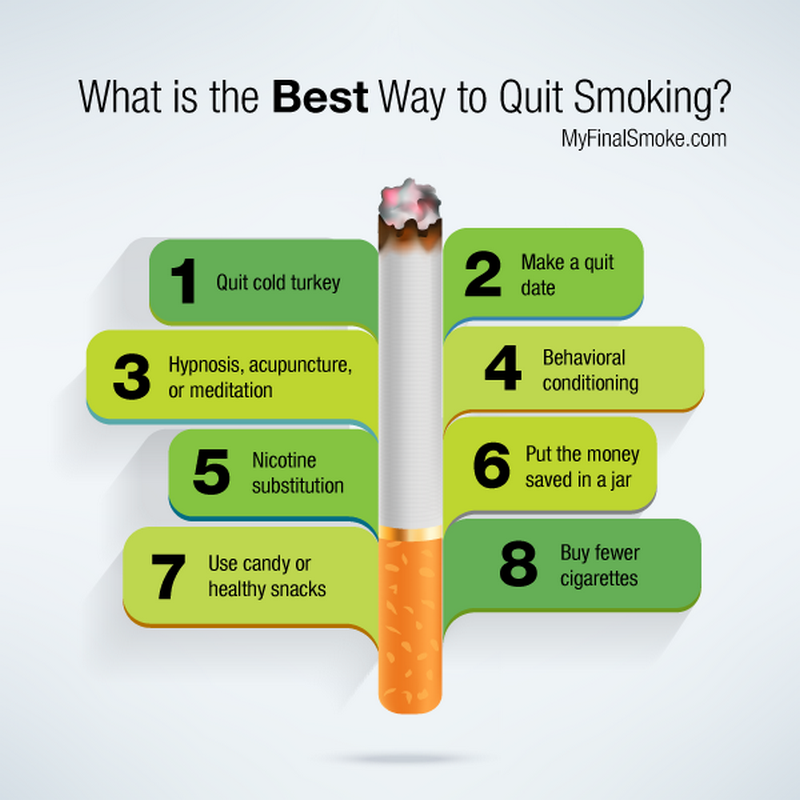 This drug can help reduce nicotine withdrawal symptoms and the urge to smoke and can be used safely with nicotine replacement products. Several side effects are associated with this product. Discuss with your doctor if this medicine is right for you.
This drug can help reduce nicotine withdrawal symptoms and the urge to smoke and can be used safely with nicotine replacement products. Several side effects are associated with this product. Discuss with your doctor if this medicine is right for you.
Are there alternative methods to help people deal with nicotine withdrawal?
Some people claim that alternative approaches such as hypnosis, acupuncture, acupressure, laser therapy (laser stimulation of acupuncture points on the body), or electrostimulation may help reduce the symptoms associated with nicotine withdrawal. However, in clinical studies these alternative therapies have not been found to help people quit using tobacco (13). There is no evidence that these alternative approaches help tobacco users who are trying to quit.
Can e-cigarettes help people quit?
The evidence to date is inconclusive about whether e-cigarettes can help with smoking cessation (10).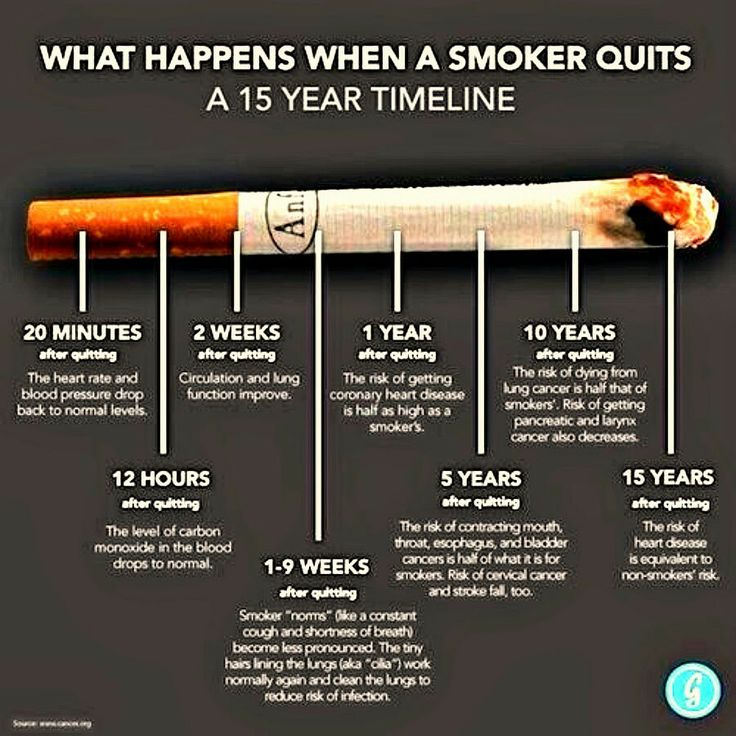 In addition, FDA has not approved any e-cigarette as a smoking cessation therapy. Currently, people who smoke are advised to use evidence-based quit strategies, including FDA-approved cessation medication and smoking cessation counseling.
In addition, FDA has not approved any e-cigarette as a smoking cessation therapy. Currently, people who smoke are advised to use evidence-based quit strategies, including FDA-approved cessation medication and smoking cessation counseling.
How can I get help if I’m having trouble dealing with nicotine withdrawal or triggers?
NCI can help smokers deal with nicotine withdrawal:
- Go online to Smokefree.gov, a website created by NCI’s Tobacco Control Research Branch, and learn how to prepare for withdrawal symptoms.
- Call NCI’s Smoking Quitline at 1-877-44U-QUIT (1-877-448-7848) for individualized counseling, printed information, and referrals to other sources.
Depression during smoking cessation - truth or myth?
Smoking cessation is associated with a rather difficult and difficult period, which experts call the withdrawal syndrome.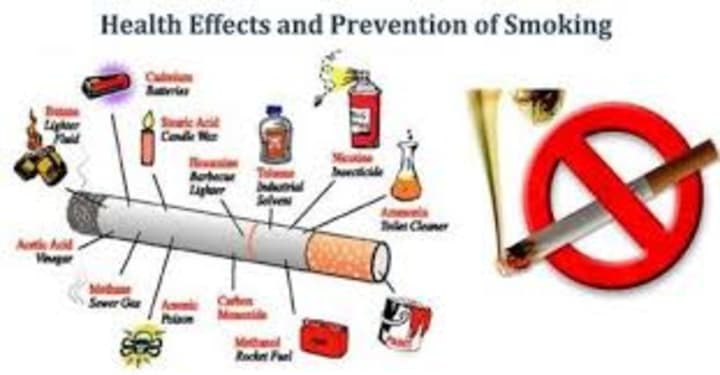 The problems caused by abstinence when giving up cigarettes are manifested by physiological ailments and psychological instability. Every smoker who has ever tried to give up cigarettes has experienced symptoms of depression. Specialists, narcologists and psychologists still cannot come to a consensus about depression during smoking cessation: is it true or a myth? Some argue that in this way smokers try to justify their weakness, others are convinced that the symptoms of depression really overtake a person during the withdrawal period. nine0003
The problems caused by abstinence when giving up cigarettes are manifested by physiological ailments and psychological instability. Every smoker who has ever tried to give up cigarettes has experienced symptoms of depression. Specialists, narcologists and psychologists still cannot come to a consensus about depression during smoking cessation: is it true or a myth? Some argue that in this way smokers try to justify their weakness, others are convinced that the symptoms of depression really overtake a person during the withdrawal period. nine0003
The manifestation of withdrawal syndrome when quitting smoking
The withdrawal syndrome, or abstinence, is not a myth, but a scientifically proven medical fact. According to the statements and observations of narcologists, withdrawal occurs in the vast majority of smokers when they give up cigarettes. And the more experience of smoking, the more difficult it is to give it up.
Almost all smokers develop nicotine addiction according to the same scenario, only the period of establishment of a stable habit differs.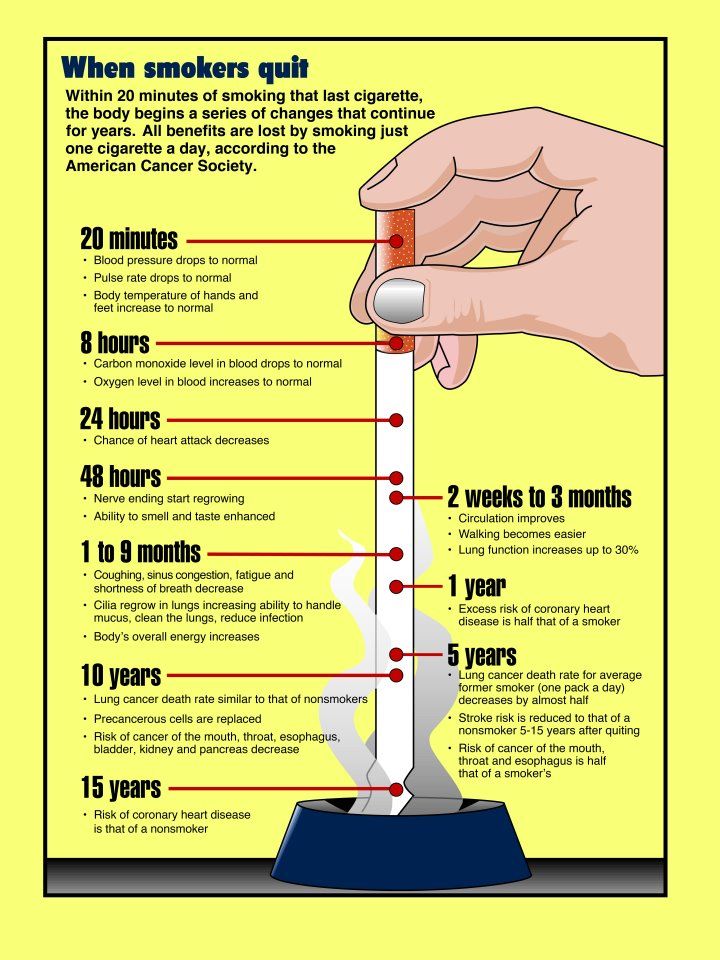 Someone begins to feel cravings after just a few cigarettes, someone just “dabbles” for a long time and only under certain circumstances or after a long time is drawn into regular and constant smoking. The manifestations of the withdrawal syndrome when quitting cigarettes can also be expressed in different symptoms, of varying intensity and duration. nine0003
Someone begins to feel cravings after just a few cigarettes, someone just “dabbles” for a long time and only under certain circumstances or after a long time is drawn into regular and constant smoking. The manifestations of the withdrawal syndrome when quitting cigarettes can also be expressed in different symptoms, of varying intensity and duration. nine0003
Withdrawal syndrome can be manifested by the following symptoms:
- from the respiratory system - shortness of breath, shortness of breath, cough;
- from the side of the cardiovascular system - heart rhythm disturbance, acceleration, slowdown, arrhythmia, increase or decrease in blood pressure;
- from the side of the central and autonomic nervous system - headache, muscle and toothache, hand tremor, insomnia, apathy;
- from the gastrointestinal tract - loss of appetite, more often overeating, constipation. nine0014
Symptoms vary in intensity, or may be absent or mild. It depends on the experience of smoking and psychological attitude, motivation.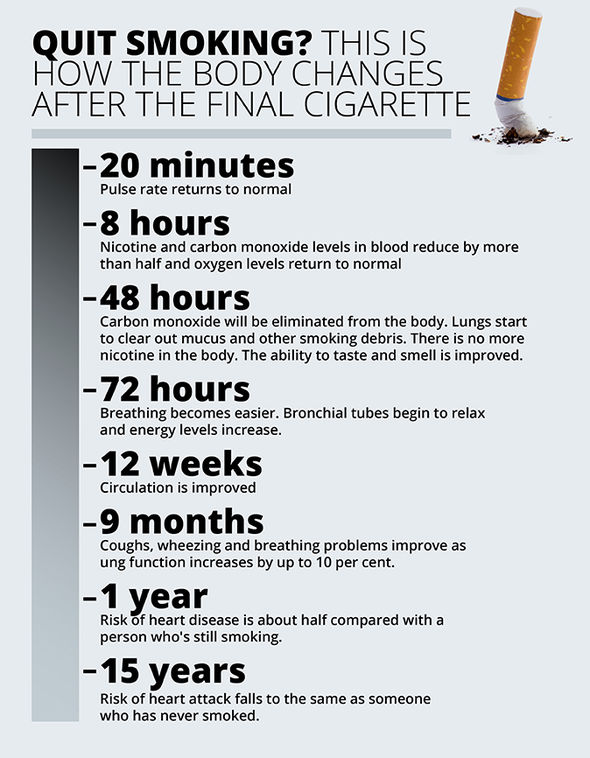
How physiological and psychological dependence on nicotine is formed
Despite the fact that nicotine belongs to narcotic alkaloids, but physiological dependence is much weaker than from more potent substances. As an example, we can cite the state of sleep - while a person is sleeping, he does not feel the need for nicotine and does not experience any unpleasant sensations. This means that for the majority of smokers, the psychological dependence on cigarettes is stronger than the physiological need. nine0003
This fact is explained by the action of nicotine on nerve cells. Investigating the effect of nicotine on the body, scientists found that the structure of the nicotine molecule is similar to the natural neurotransmitter bioactive substance acetylcholine. This substance serves as an intermediary for the transmission of nerve impulses and is responsible for the production of hormones, including dopamine and norepinephrine. The first hormone is responsible for a sense of satisfaction, and the second is a natural barrier against stress, responsible for accelerating reactions.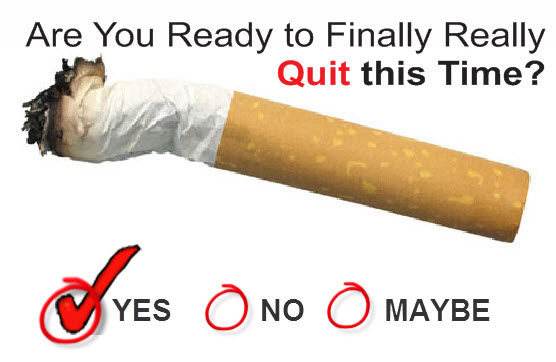 nine0003
nine0003
When nicotine enters the body, it is quickly absorbed into the blood and reaches the brain, where receptors accept its acetylcholine, capture it, after which a whole chain of reactions begins. As a result, the content of joy hormones - dopamine and serotonin, as well as anti-stress hormones - norepinephrine, increases in the blood. In fact, nicotine replaces acetylcholine in the body, provoking a hormonal release. This explains the formation of physiological dependence.
Psychological dependence is no less strong, because after each cigarette smoked, a person's mood and tone rise for a short time. He feels a surge of strength, vigor, feels a higher composure and concentration. A clear relationship arises in the subconscious: tired - smoked - it became easier. This explains the fact that when a person quits smoking, he feels not only physiological discomfort, but also signs of depression - decreased tone, apathy, insomnia, irritability. nine0003
So is there quitter depression?
To understand whether the unpleasant psychological sensations that a person experiences during the period of nicotine withdrawal syndrome can be called depression, it is worth first understanding what it is in the understanding of medicine. At the everyday level, we can call depression any negative psychological state - despondency for certain reasons, chronic fatigue, a tendency to bad mood, irritability, anxiety or unwillingness to communicate. But in fact, these states are just a natural reaction to various stresses, overwork, personal troubles, work-related problems. nine0003
At the everyday level, we can call depression any negative psychological state - despondency for certain reasons, chronic fatigue, a tendency to bad mood, irritability, anxiety or unwillingness to communicate. But in fact, these states are just a natural reaction to various stresses, overwork, personal troubles, work-related problems. nine0003
In the medical sense, depression is an affective mental disorder, which is accompanied by a depressed state for a long time, motor retardation, loss of interest in life, social maladjustment and impaired thought processes. If we compare the symptoms of depression and negative psychological manifestations when quitting smoking, it becomes clear that we are talking about different conditions.
No matter how bad it is for a person who quits smoking, he is in a clear mind and fully understands what he is doing and why. With strong motivation and confidence in the correctness of his decision, quitting a smoker is able to overcome negative manifestations. With real depression, without the help of specialists and drug treatment, a person is not able to cope with the disorder on his own. nine0003
With real depression, without the help of specialists and drug treatment, a person is not able to cope with the disorder on his own. nine0003
Another reason why the depressed psychological state when quitting smoking cannot be called depression is its logical finitude. After a few weeks, the withdrawal syndrome becomes weaker, both physiological ailments and signs of psychological distress gradually weaken. Real depression is long, protracted, even its weak stage - dysthymia persists for two or more years.
How to reduce withdrawal symptoms when quitting smoking
The main processes that occur in the body in the first weeks of giving up cigarettes are due to active detoxification - cleansing the lungs, blood vessels and blood from accumulated toxic substances. Pain and psychological symptoms are associated with the mild analgesic and sedative effects of nicotine. There are several ways to reduce the severity of withdrawal symptoms. The main ones are nicotine replacement therapy and nicotine-free drugs.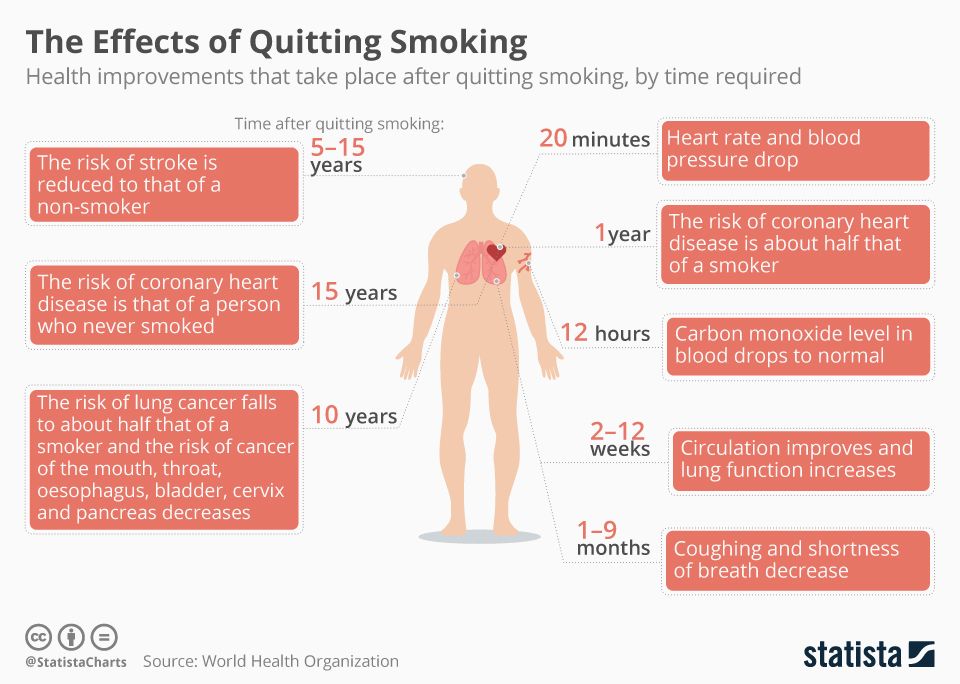
Nicotine replacement therapy includes various pharmacological preparations that contain medical nicotine, but in lower doses than cigarettes. These tools include:
- nicotine patches;
- chewing gums and nicotine sprays;
- inhalers, etc.
Studies have shown that nicotine replacement therapy increases the likelihood of quitting smoking by 50-70%. That is, their use significantly increases the positive result and reduces the risk that a person will not cope with withdrawal and will break. There are also alternative methods of nicotine delivery, electronic cigarettes and tobacco heating systems - they are suitable for those who are not yet determined or do not want to give up their habit at all, but at the same time want to reduce harm to the body. nine0003
The effect of nicotine-free drugs in reducing withdrawal symptoms is based on a completely different mechanism. Such drugs replace nicotine in interaction with acetylcholine receptors.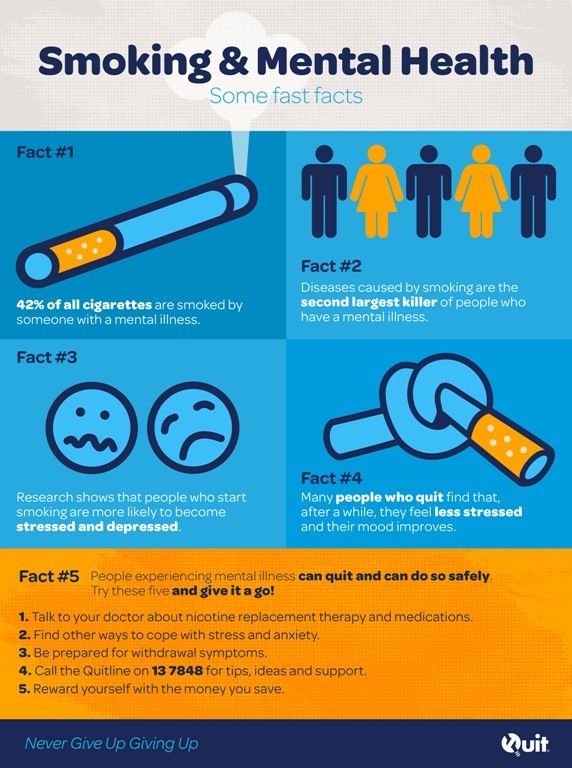 That is, they, just like nicotine, cause the release of joy hormones into the blood, but they act softer. This allows you to partially relieve psychological symptoms. These drugs are prescription drugs, they can only be taken as prescribed by a doctor, as they have many contraindications.
That is, they, just like nicotine, cause the release of joy hormones into the blood, but they act softer. This allows you to partially relieve psychological symptoms. These drugs are prescription drugs, they can only be taken as prescribed by a doctor, as they have many contraindications.
There is no single way to quit smoking for everyone, so each smoker decides for himself what to choose. Despite the awareness of the importance and usefulness of this step, far from everything they are capable of or have the desire to completely abandon nicotine and the usual ritual of smoking. However, there is a way to offset some of the negative effects of smoking. You can switch to alternative, potentially less dangerous methods - vapes or tobacco heating systems. If you lack the motivation to quit but have health concerns, these options are worth considering. nine0003
Quit smoking - depression set in. Great Depression :)
Quit smoking, what's next?
09/17/2018
54117
Dana Shaimerdenova
Have you been depressed since quitting smoking?
Tobacco cessation is a rather difficult process, and almost always it is accompanied by various problems, both psychological and physiological.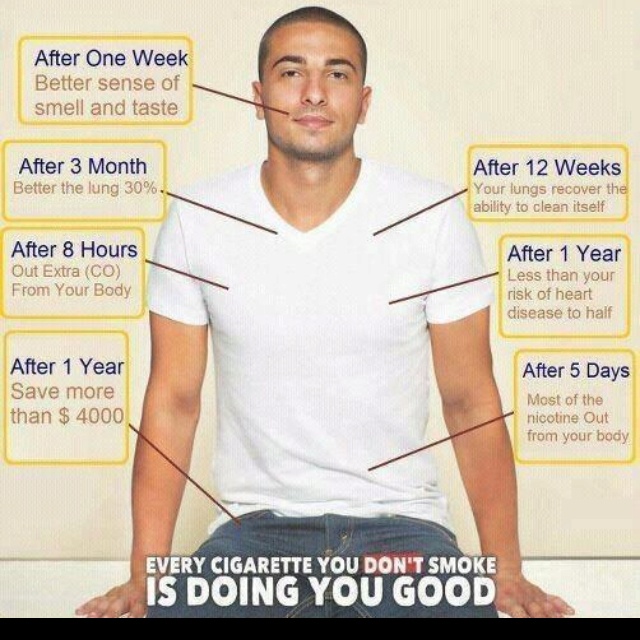 Quite often, many complain: “quit smoking - depression”, and overcoming this painful condition can be quite difficult. To do this, you need to understand the reasons why depression occurs. nine0003
Quite often, many complain: “quit smoking - depression”, and overcoming this painful condition can be quite difficult. To do this, you need to understand the reasons why depression occurs. nine0003
Possible Causes
Let's list some of the main reasons why a quitter may develop depression.
Actually there are two of them, physiological and mental. The latter can be divided into several. And the first can be dealt with with the help of Tabex, Nicorette, Champix and other smoking cessation products.
- Consequence of withdrawal syndrome (withdrawal syndrome). The fact is that nicotine is a substitute for the hormone endorphin, which is also called the "hormone of pleasure", and when a person decides to give up this bad habit, he begins to experience a deficiency of this substance. nine0014
- Lack of habitual rituals that accompany smoking.
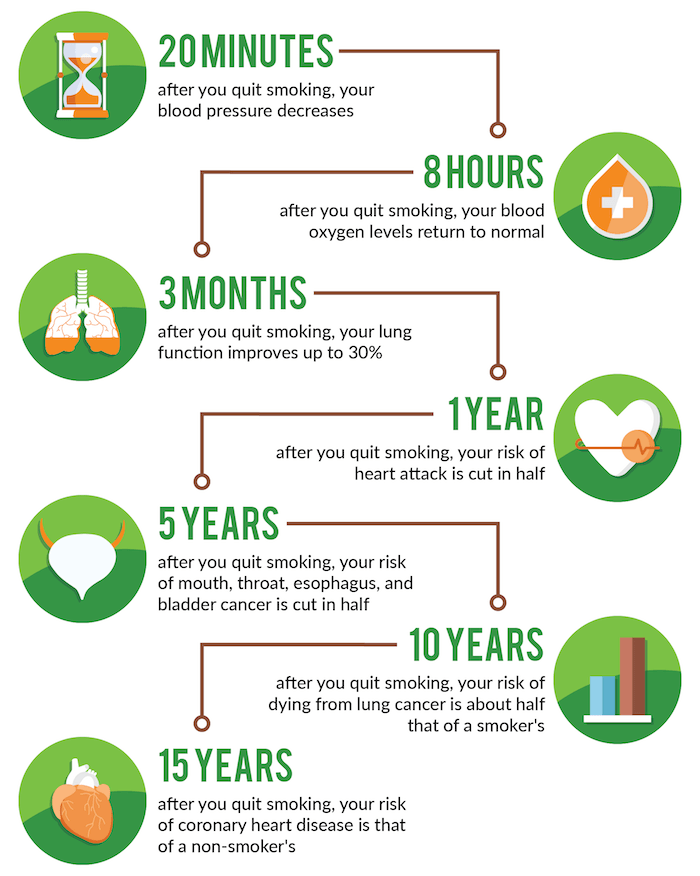 It is not a secret for any heavy smoker that this process is often accompanied by communication, and for those who quit smoking, its intensity decreases, which is one of the causes of depression.
It is not a secret for any heavy smoker that this process is often accompanied by communication, and for those who quit smoking, its intensity decreases, which is one of the causes of depression. - Lack of nicotine in the body. This substance is psychoactive, participates in many biochemical reactions, and when its supply stops, then a period of restructuring of the body begins in a new way, one of the consequences of which is an oppressed psychological state and depression. nine0014
Possible consequences
Depressive state, which manifests itself in the process of quitting smoking, can be short-lived, and can last quite a long time and have various complications, often quite dangerous. Such problems include the following:
- Asthenia, that is, a painful condition, the main manifestations of which are increased fatigue, mood swings, decreased self-control, chronic fatigue syndrome. People suffering from asthenic syndrome are not capable of prolonged physical and mental stress, they often find it difficult to endure bright light, sharp sounds and smells, they are always in a bad mood.
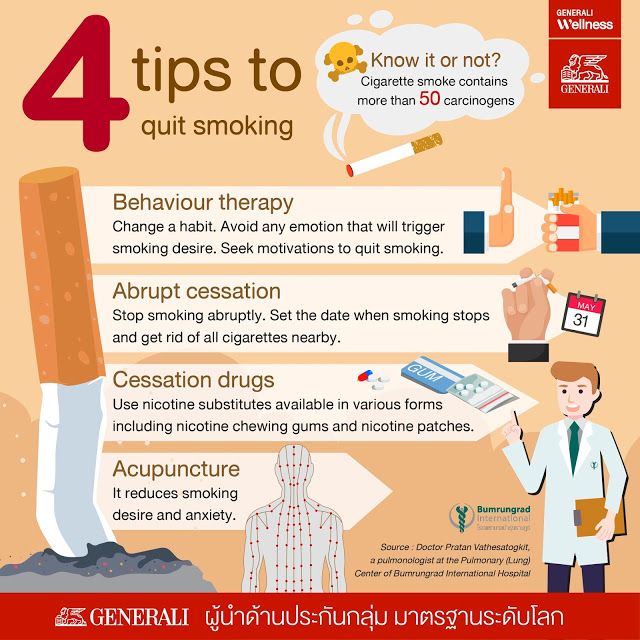 nine0014
nine0014 - Development of somatic pathologies. Depression, as a severe psychological condition, may well provoke real physiological problems, which are expressed in the improper functioning of various internal organs (respiration, cardiovascular system, etc.).
- Risk of suicide. A person with a weakened psyche and who is depressed can even make attempts to die. In fairness, it should be noted that as a result of quitting smoking, this happens quite rarely, but sad examples of medical practice are still known. nine0014
What to do?
In order to overcome the depression that comes with quitting smoking, you must first recognize that there is a problem. Only when a person realizes this circumstance does he have a real chance to return to normal life. As practice shows, those who quit smoking cigarettes, depression is quite serious, and the easiest way to cope with it is for those who do not hesitate to seek help from specialists, in particular, from psychotherapists and psychiatrists.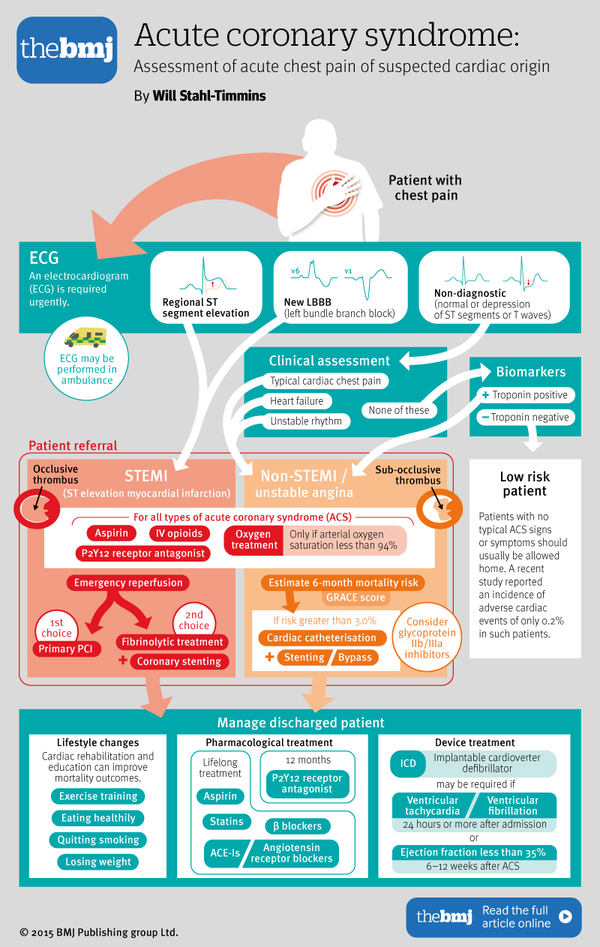 It is they who are able to provide smokers who have decided once and for all to give up tobacco consumption, the most effective assistance in restoring a normal psychological state. nine0003
It is they who are able to provide smokers who have decided once and for all to give up tobacco consumption, the most effective assistance in restoring a normal psychological state. nine0003
If depression sets in after quitting smoking, then it makes sense to “take into service” in the fight against it those means and methods that are described in specialized literature. Of course, one should not believe absolutely everything that is written in popular publications that are inundated with bookstores, but among them there are quite serious and solid works. Which of them are really worthy of attention can be suggested by psychologists and doctors who specialize in ridding their patients of tobacco addiction. nine0003
People who have quit smoking and are depressed for this reason should not refuse help and psychological support from their relatives. Often it is the participation of loved ones that helps to overcome it.
Do's and Don'ts
Those who have really made up their minds to give up smoking should under no circumstances again, as they say, "get back to the old ways", even being in a psychologically depressed state.


